Section: Faith Doing Justice
-
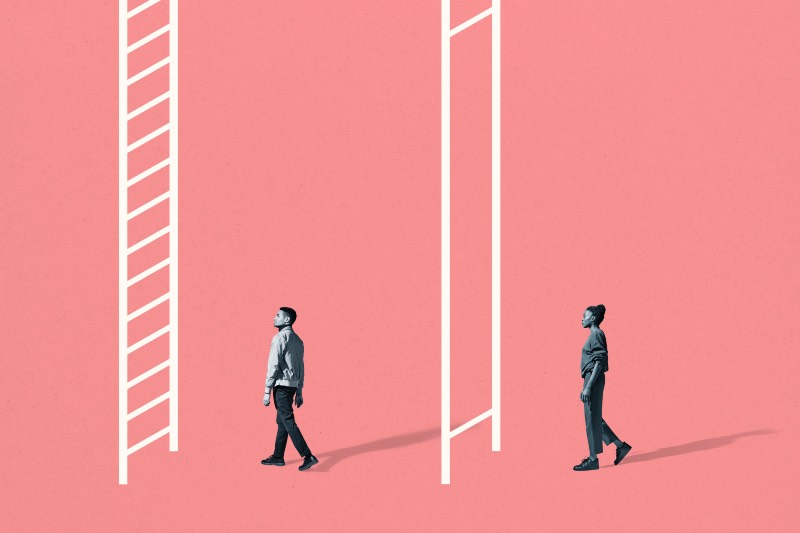
FAITH DOING JUSTICE
- Andrew Hamilton
- 08 April 2021
19 Comments
The debate about quotas based on gender has been well canvassed. The wider issues raised about merit and meritocracy, however, merit further reflection. Far in the background to both conversations lies a sophisticated body of reflection on merit among Christian theologians.
READ MORE 
-
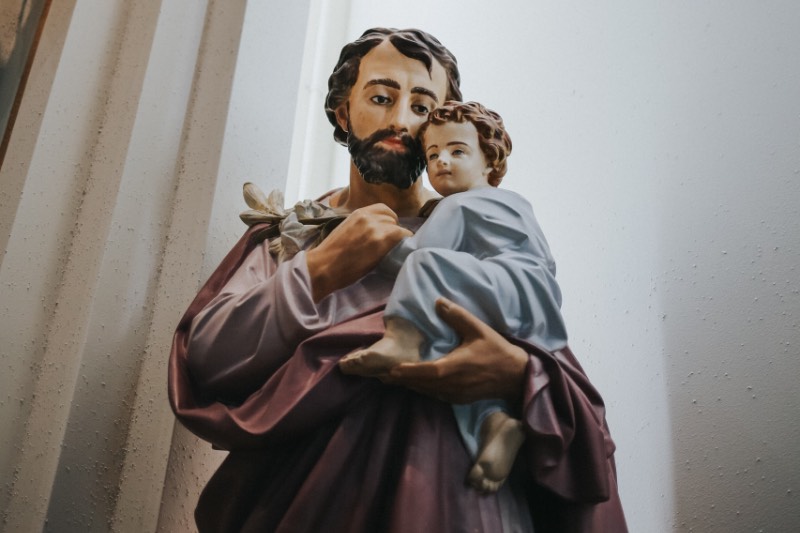
FAITH DOING JUSTICE
There are many gems and reflections on ‘fathering’ in Pope Francis’s apostolic letter, Patris Corde ‘With a Father’s Heart’, in which he nominates 2021 as the year to honour the fatherhood of St Joseph. Francis’s letter is inclusive, encompassing the scope of fatherhood and the responsibilities fathering entails. ‘Fathers are not born, but made’, Francis says.
READ MORE 
-

FAITH DOING JUSTICE
- Ursula Stephens
- 25 February 2021
13 Comments
'It's the value of the work, not the worker.' So said a government backbencher to me last week while I was speaking to him about the omnibus industrial relations (IR) Bill that has just passed the House of Representatives.
READ MORE 
-
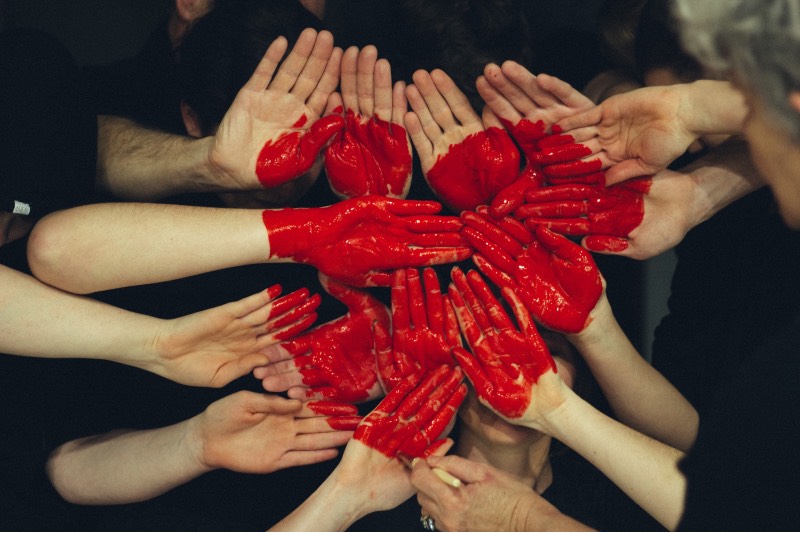
FAITH DOING JUSTICE
- Anthony Albanese
- 23 February 2021
17 Comments
What we have is a rare opportunity — in all likelihood a once-in-a-lifetime chance — to shape the future and emerge from the pandemic as a better, fairer nation.
READ MORE 
-
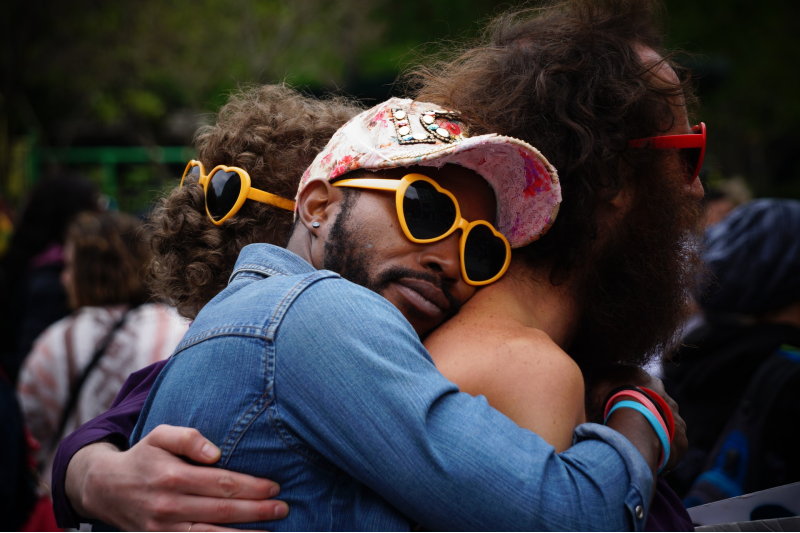
FAITH DOING JUSTICE
- Andrew Hamilton
- 18 February 2021
37 Comments
We live in a time when around the world so many lives seem not to matter. Whether they be Uighur lives, women’s lives, Black lives, Yemeni lives or refugee lives. So widely disregarded in practice, the large claim that every life has value, however, oftentimes has to be justified. The ultimate reason is that each human being is precious and has an inalienable dignity. No person may be used as a means to another’s end.
READ MORE 
-
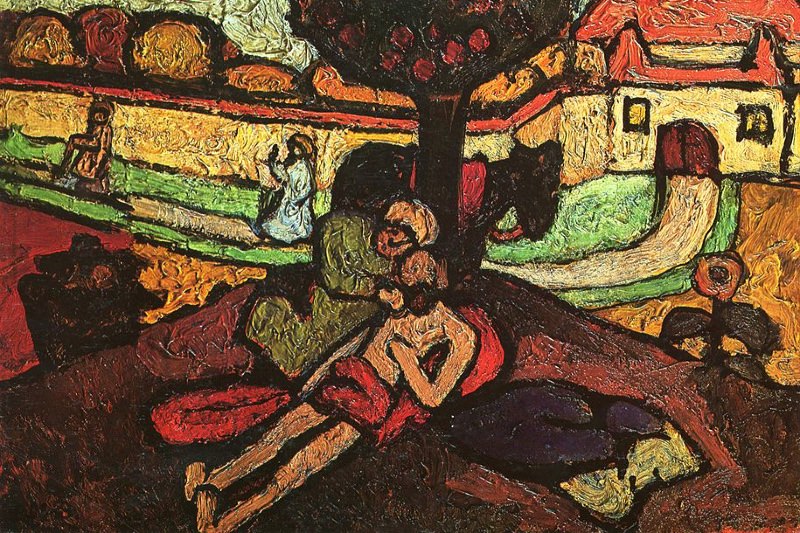
FAITH DOING JUSTICE
- Julian Butler
- 11 February 2021
4 Comments
The size and spread of government payments in past 12 months has held steady, and to some extent, improved the circumstances of many on low incomes or government support. The withdrawal of that support risks returning many to payments that do not provide for basic human needs.
READ MORE 
-

FAITH DOING JUSTICE
- John Warhurst
- 15 December 2020
6 Comments
The work of Catholic social service agencies should be celebrated within the church. Its peak body, Catholic Social Services Australia (CSSA), which has been savagely cut recently, has successfully matched wits with governments for over sixty years and its member agencies continue to serve the community selflessly.
READ MORE 
-
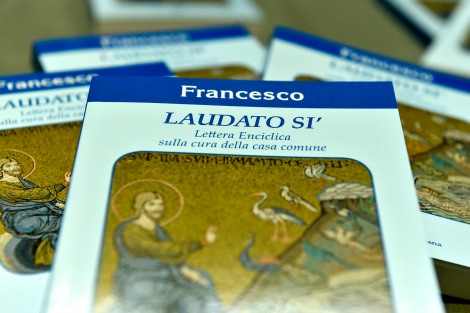
FAITH DOING JUSTICE
- Joshua Lourensz
- 22 May 2020
6 Comments
In thinking through how social services can contribute to what society or the economy needs in light of the ramifications of COVID-19, Catholicism and communism are not two traditions that probably come to the mind for most. But for the kind of thinking that governance and leaders require to make good decisions in and beyond a time of crisis, there are people and concepts from each tradition that we can learn from.
READ MORE 
-

FAITH DOING JUSTICE
- Carolina Gottardo
- 06 April 2020
6 Comments
The ability to work from home or social distance is a class issue. How do you practice social distancing in the slums of Lagos, the favelas of Rio or the shanty towns of Bogota, the city where I was born? Here in Australia, it’s not much different for refugees, people seeking asylum and migrants in vulnerable situations.
READ MORE 
-
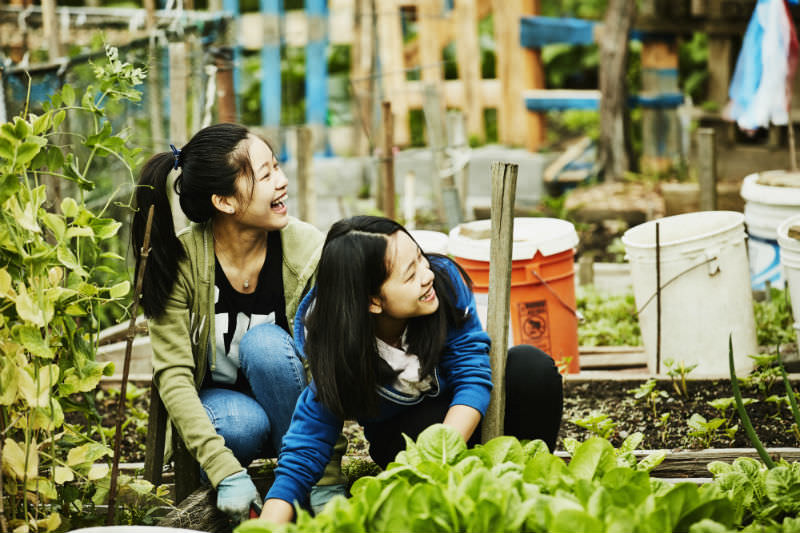
FAITH DOING JUSTICE
- Andrew Hamilton
- 19 February 2020
5 Comments
Catholic reflection on social justice has been supercharged by Pope Francis, who in his encyclical Laudato Si declared the Cry of the Poor and the Cry of the Earth to be central to faith. He also insisted that neither could be addressed simply by technological fixes but required personal conversion to see the world as gift to be respected, a home, and not as a prison or a mine.
READ MORE 
-
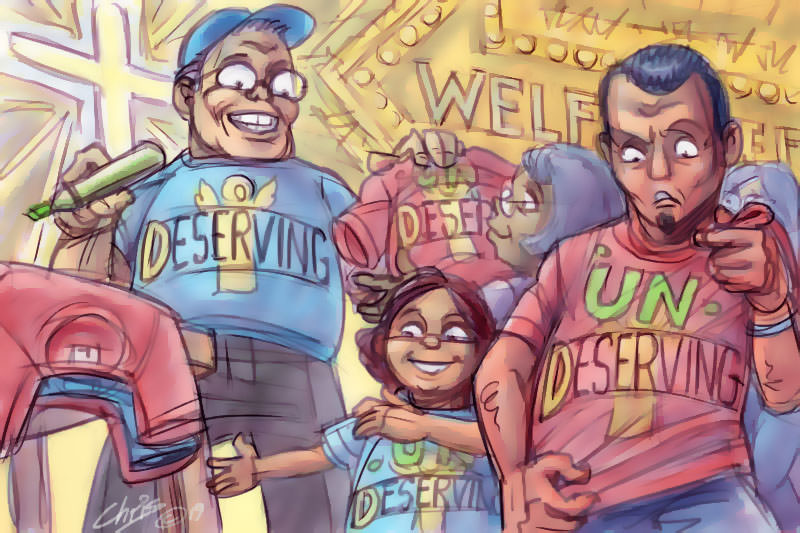
FAITH DOING JUSTICE
- Toni Hassan
- 29 November 2019
31 Comments
His government continues to support, with massive subsidies, extractive and exploitative industries that undeniably warm the planet and threaten the natural environment. How can this be a legitimate perspective as a publicly-confessing Christian? Why would this shepherd not want to move all of us to safer ground?
READ MORE 
-

FAITH DOING JUSTICE
- James O'Brien
- 31 October 2019
6 Comments
The rise of the vegan movement challenges us to reflect ethically on food. Writing in the 16th century, Ignatius Loyola prompted his readers to practise reverence in the moment and gratitude for the gifts received when eating. For an age of food and drink on demand, heeding his prompts could help us to balance our inner and outer lives.
READ MORE 